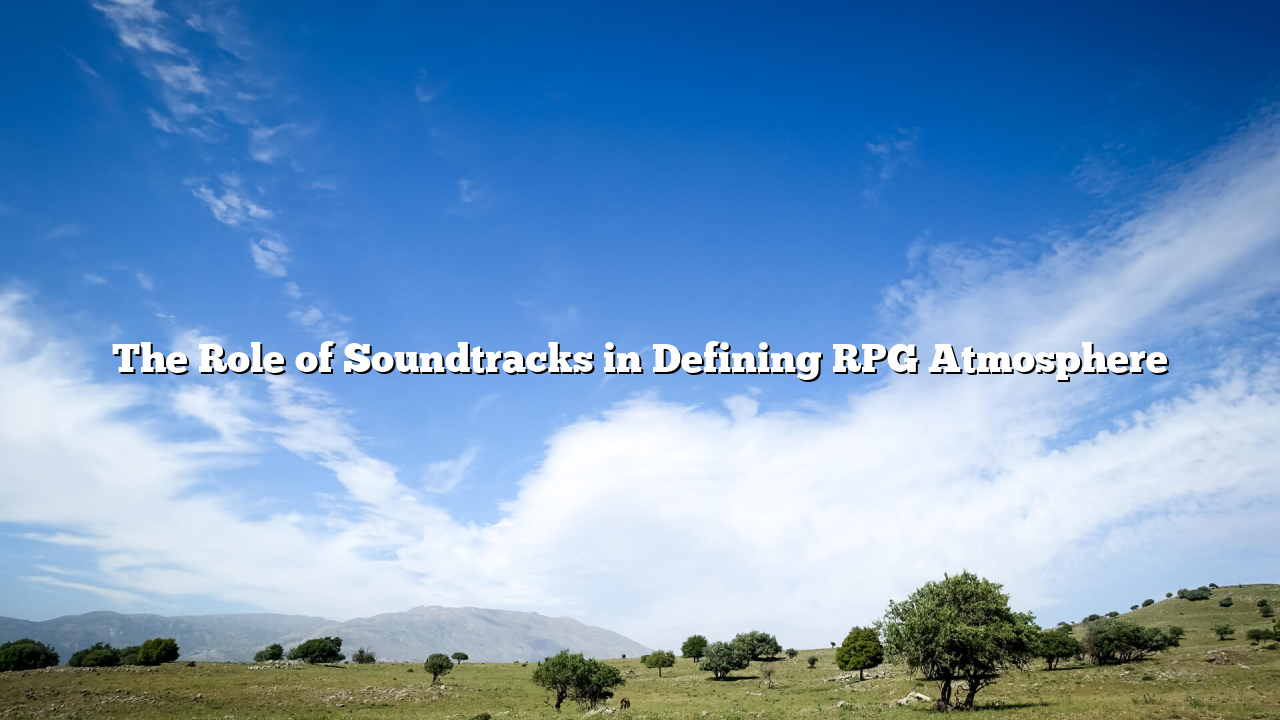Music has always been central to the RPG experience. From the earliest 8-bit melodies to today’s orchestral scores, soundtracks shape the emotional raja toto88 tone, worldbuilding, and pacing of role-playing games.
During the 1980s and 1990s, composers worked with limited hardware yet produced iconic themes that remain beloved today. Nobuo Uematsu’s Final Fantasy compositions demonstrated how simple melodies could convey grandeur, sorrow, and triumph. Yasunori Mitsuda’s work on Chrono Trigger used a diverse range of styles to emphasize time travel and emotional relationships between characters.
As technology advanced, RPG soundtracks grew more cinematic. Games like The Elder Scrolls IV: Oblivion and Dragon Age: Origins incorporated orchestral arrangements that made exploration and combat feel epic. These soundtracks helped position RPGs as narrative-driven experiences akin to films.
Dynamic music systems became another major innovation. Titles like The Witcher 3 and Nier: Automata introduced adaptive soundtracks that changed depending on the player’s actions, location, or emotional choices. This made the audio experience more immersive and tailored to individual gameplay moments.
RPG soundtracks also play crucial roles in battle design. Fast-paced tracks build tension during combat, while calm town themes give players moments of rest. Music can even serve narrative purposes; for example, leitmotifs in Final Fantasy VII Remake reinforce character identity and emotional arcs.
Today, RPG soundtracks are celebrated worldwide through concerts, vinyl albums, and streaming platforms. Their influence extends beyond gaming, proving that music is one of the most powerful storytelling tools in the RPG genre.
